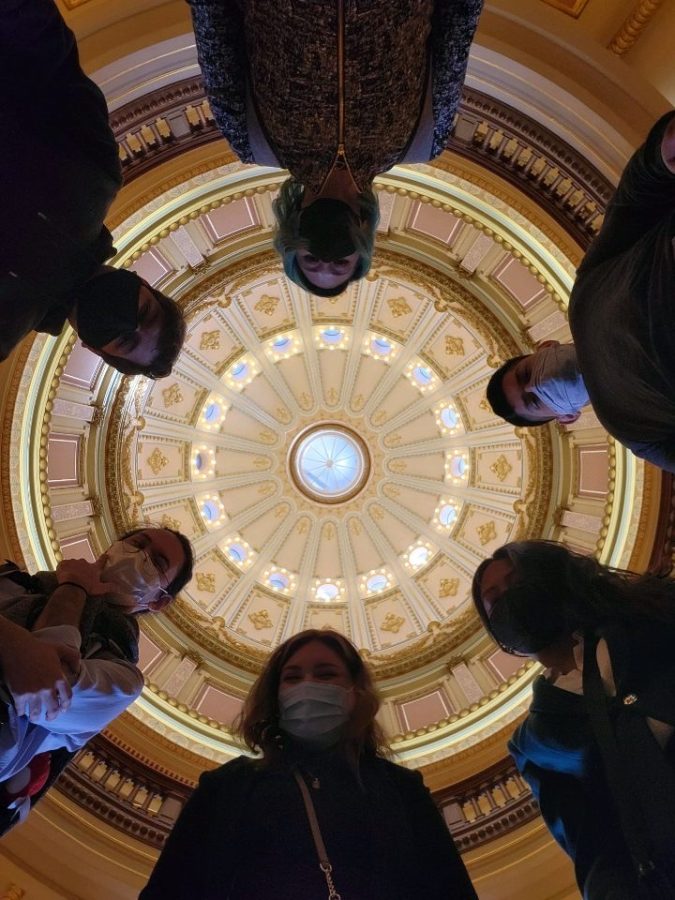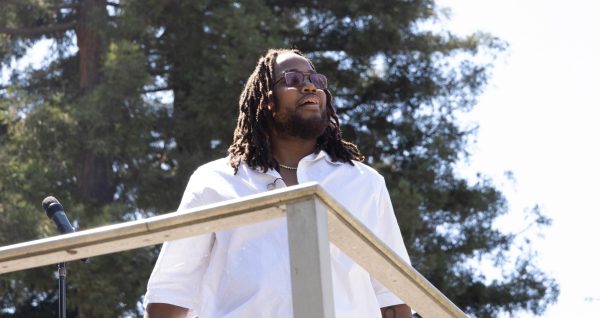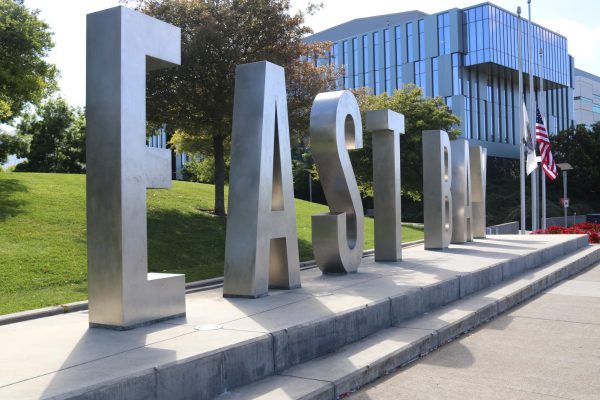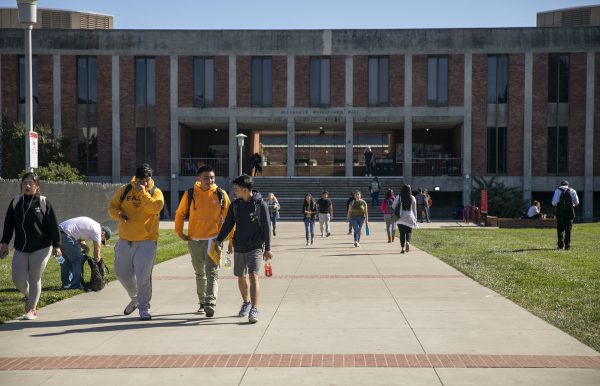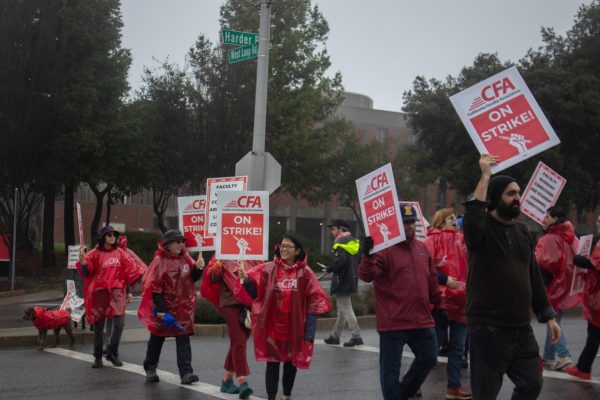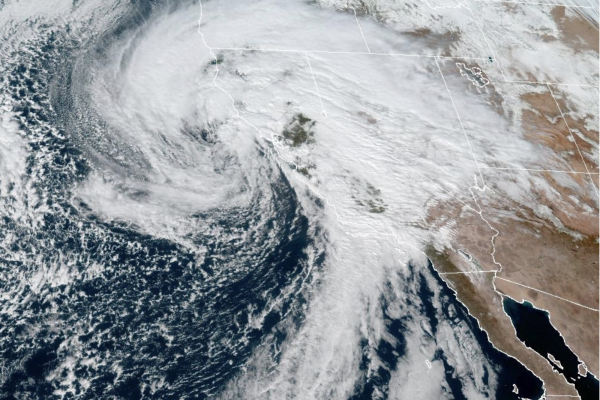Spotlight of Experience in Education
March 9, 2022
What a brief trip to the Capitol can teach us about hireability
Despite soaring numbers of job openings, job seekers encounter great difficulty finding lucrative employment. According to a Washington Post article, “Why millions of job seekers aren’t getting hired in this hot job market,” this employment conundrum can be attributed to employee’s desire to work remotely and the prevalence of automated recruitment systems; systems that prune any applicant not deemed an ‘ideal’ candidate.
Nevertheless, such instruments considerably expedite the process of selecting prospective employees and are, thus, unlikely to be supplanted by manual review any time soon.
If reverting to a previous paradigm is an exhausted option, professional networking becomes paramount.
NPR’s 2011 article “A Successful Job Search: It’s All About Networking” revealed that 70% to 80% of all vacancies are never made publicly available through job postings. LinkedIn statistics expand upon NPR’s findings, claiming that professional connections represent the largest share of applicants.
However, accessing the “hidden job market” may be a preposterous proposition, accounting for dormant advantage. Employment success and the scope of one’s professional network are highly variable on predetermined factors, as children inherit the socioeconomic status of their household.
Excluding the intelligible barriers, fortune is yet another aspect to consider. As job hunting becomes more of a gamble, how can students grow and leverage their networks?
One reliable avenue towards networking is attending events. Over the course of three days,—from Feb. 27 to March 1—ten political science students represented California State University, East Bay, at the 2022 Sacramento Legislative Seminar, which yielded an opportunity to explore careers in politics and meet with California’s lawmakers and influential figures.
Alexandria Cully, a fourth-year Political Science student with a Sustainability minor, spoke with Senator Steven Bradford (D-Gardena) regarding California’s energy policy —the topic of Cully’s capstone paper— hoping that the Senator’s Senator will collaborate with her on the project.
Beyond mere academic or professional utility, the seminar enables students to explore their chosen career fields with a realistic perspective. “I learned that there are many different avenues to political science, rather than just going with law,” said Daryl Williams, fifth-year student, admitting that “before [the seminar], I didn’t take political science seriously, but now that I know more about lobbying and public policy, I know I could take it there.” In his view, tangible experiences such as these allow one to assess their interest and probe their compatibility with the field they wish to pursue.
Both Cully and Williams stated that the seminar instilled a renewed sense of purpose. For Williams, witnessing minority representation within politics has made him optimistic about his upcoming graduation and his career prospects:
“Meeting Christopher [Sanchez] and Josiah [Young] was a highlight for me. They are people from my demographic, and they represent people like myself. After having my own qualms about whether or not I will be able to be successful in this field as a person of color, seeing others be successful motivates me to take that next step in pursuing political science.”
For Cully, attending the seminar has shown her that a career in politics doesn’t have to entail a position in the D.C. Capitol to have an impact: “I don’t think an internship is a possibility for me because I manage a home and the people within it.”
As a working adult with an academic workload, relocating to Washington for minimal pay is not feasible for Cully. Regardless, Cully found an outlet towards professional development via the network she fostered during the legislative seminar and mentorship by Dr. Maria Ortuoste, Chair of the Political Science Department, and Dr. Danvy Le, assistant professor of Political Science and seminar coordinator, to whom she attributes her hopeful demeanor about her future, declaring that she has “a better sense of what I need to do.”
Instead of embarking upon the traditional yet inaccessible route of relevant internships, Cully is determined to become involved in local politics and gain tangible experience by “working out of my home and still participating in events around Hayward to promote green space.”
While the event has been significant to both Cully and Williams, they have mentioned that the University and the Department of Political Science should place greater emphasis on lending a helping hand to students, taking advantage of an incredible opportunity.
“I wish CSUEB supported the students better with car rides, meals, and accommodations,” Cully expressed, with Williams echoing her sentiments. Dr. Le provides further commentary, stating that “while the administration has provided lodging and a small stipend for meals, it is not enough for college students who are taking time off work and losing income.”
In her view, $35 per day for meals provided by the University Administration is not an adequate budget, as students were charging their credit cards and accruing interest while paying for gas, toll, and parking space out-of-pocket. “Students should not have to choose between sustaining their livelihood and an educational field trip,” opined Le.
As John Dewey exclaimed in his famed 1938 work, Experience and Education, “The lesson for progressive education is that it requires in an urgent degree, a degree more pressing than was incumbent upon former innovators, a philosophy of education based upon a philosophy of experience.”
In the case of Cully and Williams, the seminar has stimulated their careers by tethering them with mentors within their desired field and helping pinpoint their interests. As a nugget of insight, Cully advised those interested in trying any opportunity available, as “you don’t know what you are going to learn.”
Williams, despite grappling with Imposter Syndrome as a first-generation student, recommended that “while it may be daunting at first, just go for it,” since genuine experience is the only way to truly test one’s interest in any given field.




